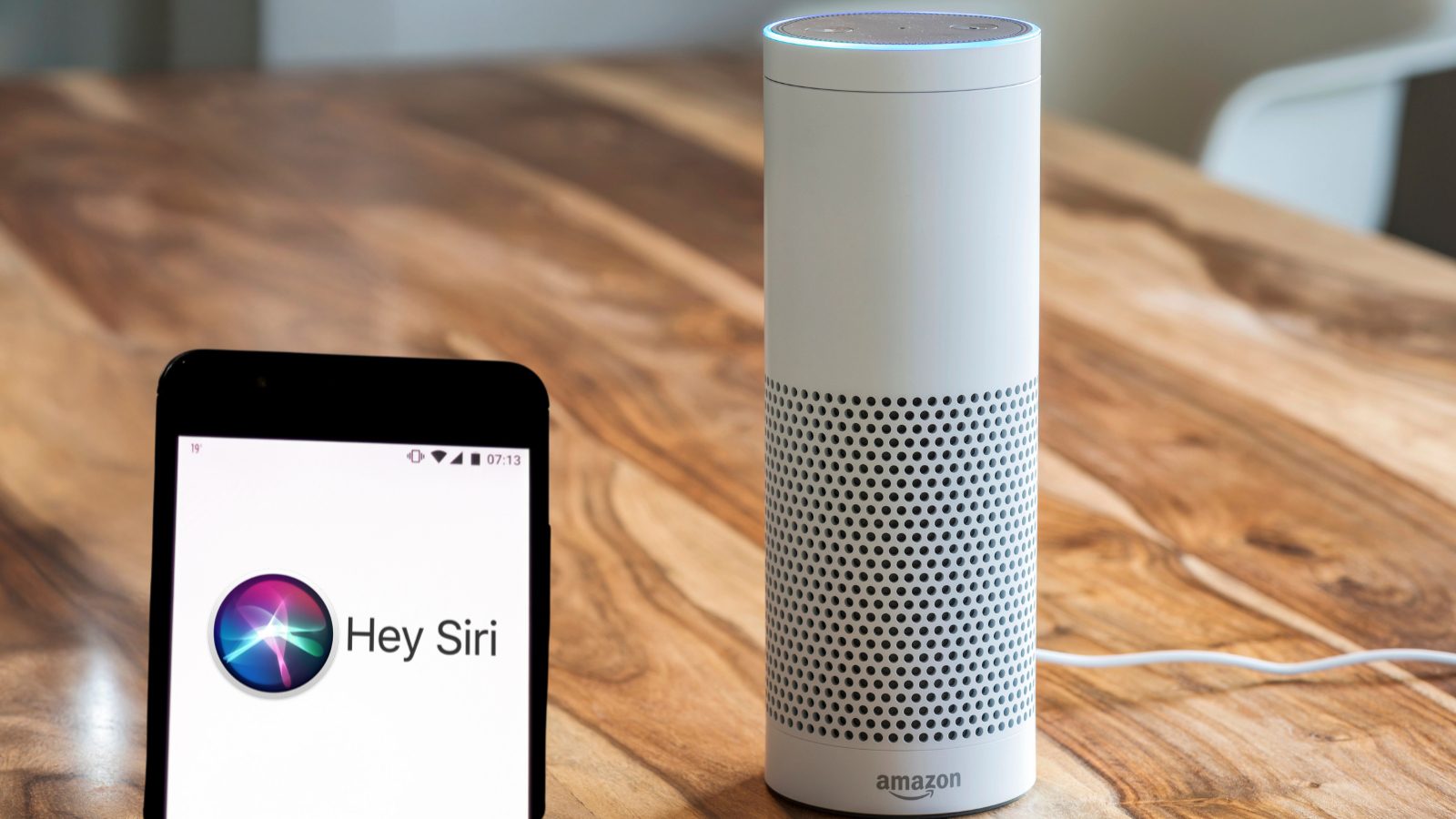Apple and Amazon are experiencing significant delays in launching their next-generation AI-enhanced voice assistants, as internal testing reveals persistent reliability issues and accuracy concerns that could impact user trust.
According to Bloomberg, Apple’s ambitious plan to revamp Siri with advanced AI capabilities may be pushed back from April to May 2024 or later. The company is grappling with software bugs and engineering challenges that affect three major improvements announced last year: enhanced user data access, improved app control, and screen context understanding.
The situation mirrors similar challenges at Amazon, where the launch of their Large Language Model (LLM)-powered version of Alexa faces another delay. The Washington Post reports that while Amazon plans to announce the update on February 26, public access won’t commence until at least March 31, marking an 18-month gap since its initial announcement.
An anonymous Amazon employee revealed that the company’s primary concern centres on maintaining customer trust, as incorrect responses during testing have raised red flags about the system’s reliability. The new premium version of Alexa promises features like personality customization, call reminders, and service ordering capabilities, though some functions already exist in the current free version.
Apple’s strategy to address these challenges includes potentially introducing new features in April’s update while keeping them disabled by default until the iOS 18.5 update in May. The company’s timeline for a fully LLM-powered Siri capable of human-like conversations extends into next year, highlighting the complexity of the development process.
The delays underscore a fundamental challenge in artificial intelligence development: making probability-based AI systems reliable enough for mainstream consumer use. This issue recently surfaced when Apple had to suspend an AI-powered iPhone notification feature due to incorrect news summaries, demonstrating the broader implications of AI reliability in consumer technology.
These setbacks occur as competition intensifies in the AI assistant space. ChatGPT now offers live video analysis alongside conversational features, while Google’s Gemini serves as the default assistant on many Android devices. The race to deliver reliable AI-powered voice assistants has become increasingly crucial for tech companies seeking to maintain their competitive edge. As companies strive to differentiate themselves, innovative features are becoming essential. The introduction of the YouTube voice reply feature, allowing users to respond to comments using voice integration, is just one example of how AI advancements are reshaping user interaction. With these enhancements, the demand for seamless, intuitive AI experiences will only grow, pushing tech giants to further invest in cutting-edge technology.
The challenges faced by both Apple and Amazon highlight the delicate balance between innovation and reliability in consumer AI technology.
As these companies work to resolve their technical issues, the industry watches closely to see how they will address the inherent unpredictability of generative AI while maintaining user trust and satisfaction.

